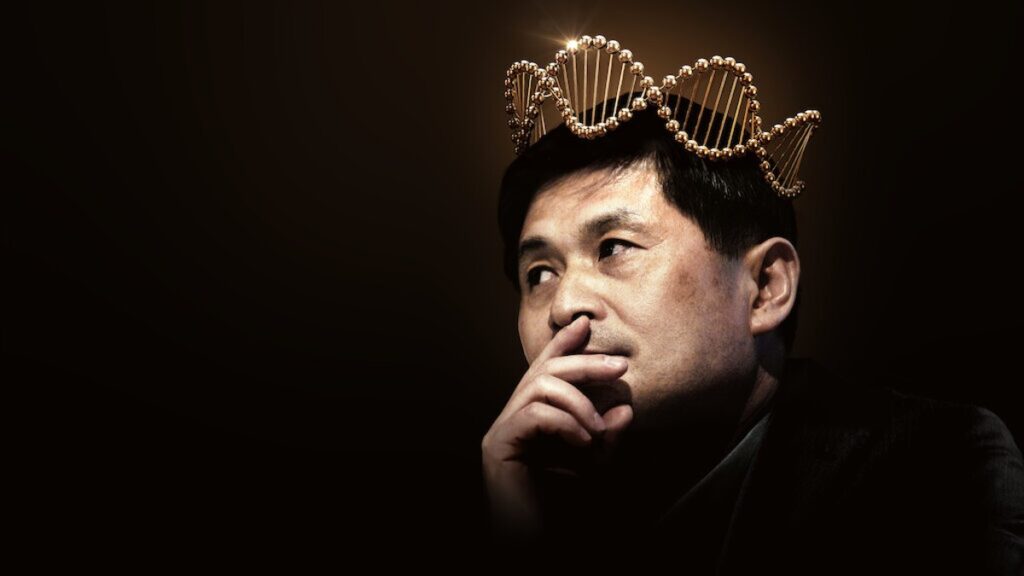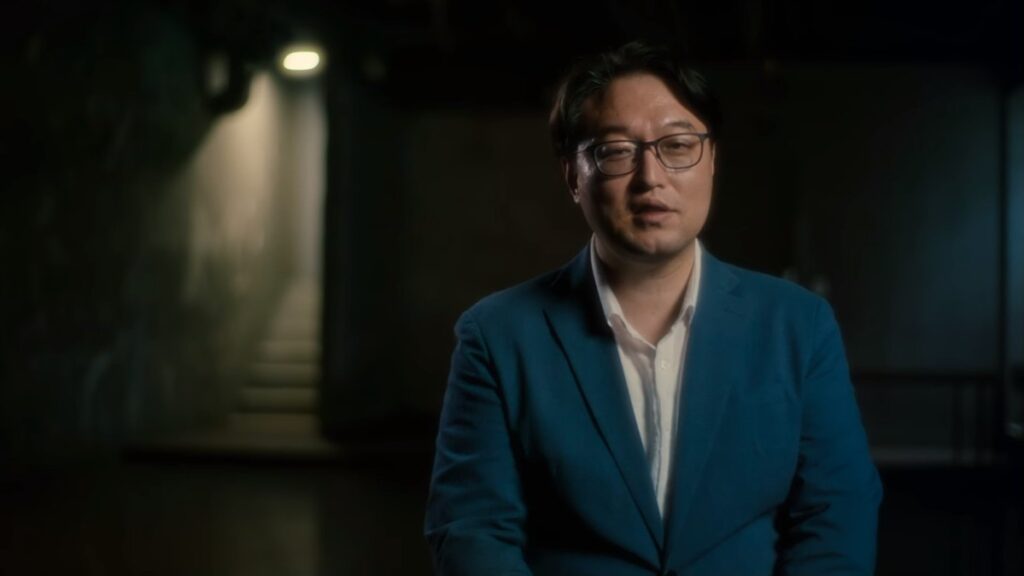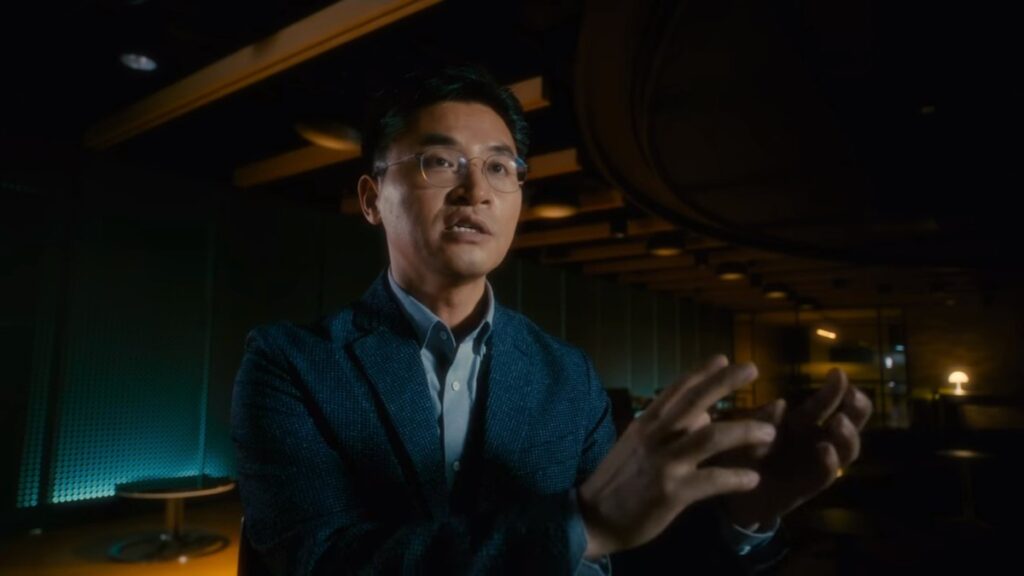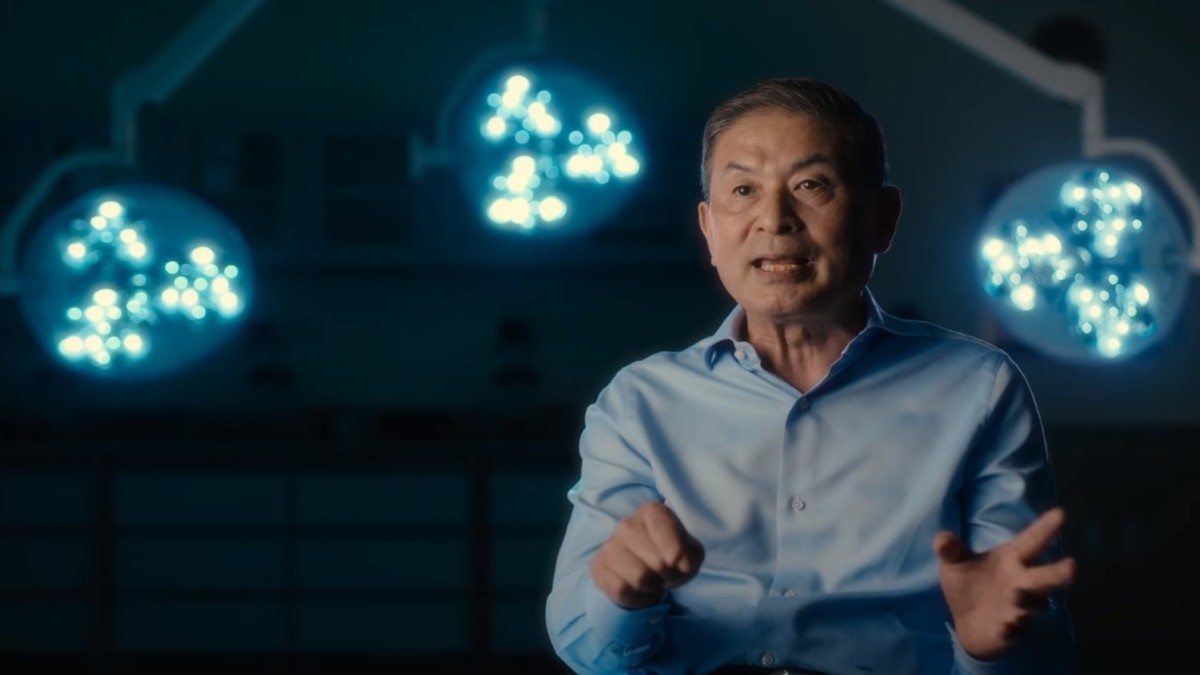King of Clones is the latest science documentary released on Netflix. It is directed by Aditya Thayi and has a runtime of about 1 hour and 25 minutes. The documentary film explores the story of a South Korean scientist, who rose to fame for his miraculous research and discovery, but some discrepancies exposed the biggest scandal in cloning research.
Who is the ‘King of Clones’ Hwang Woo-suk?
He is a veterinarian and researcher who even taught at the prestigious Seoul National Industry in the field of theriogenology and biotechnology. He rose to fame when he claimed to have successfully cloned a dairy cow, pig etc. Gradually, the South Korean government and the public got wind of it and he was considered a pioneer in stem cell research, which helped in cloning. In the documentary, they explain in simple terms how the process of cloning works.
They take an egg of any animal and extract its nucleus from it, then they take the stem cell which is taken from the skin usually. They extract the nucleus from the stem cell & infuse it in the egg cell. Later with the help of electrical machines etc, they reproduce the cells & if successful then it can be implanted in the animal to bear the clone till maturity, like any other childbirth.

The documentary showed that there were quite a few failed experiments as well. In the late 1990s, he took on the project to bring the extinct Korean tiger back to life by cloning the tigers from North Korea, through the exchange program. However, after the process of extracting the cells, one of the tigers caught hernia and died. Regardless, Scientist Hwang Woo-suk’s team kept on working, publishing papers and reached a breakthrough in 2005 by cloning an Afghan Hound dog that was named Snuppy.
What Went Wrong?
In 2004, Scientist Woo-suk and his team released a research paper which claimed to have successfully created human embryonic stem cells, by fusing an egg and stem cells, collected from different participants. It was a groundbreaking discovery as human cloning is very complex yet his success rate was among the highest. Then again a year later in 2005, they claimed in another paper to have successfully created at least 11 embryonic stem cells by using at least 185 eggs, extracted from female bodies. What made his research different was that the samples were extracted from the same person, whereas generally the egg cell and the stem cell came from two different individuals.

His study meant that they could even regenerate different body parts by taking samples of one person. For example, if a person with a disability wishes to get a limb transplant, then they can get it by cloning it from their own body and minimising the chances of rejection. His study was receiving attention worldwide and people were curious to know how was he able to create such results. A journalist from a magazine called Nature got curious about the process of getting eggs. However, Woo-suk would dodge the question or simply reply that they were donated by consenting female volunteers. But nobody else on his team would delve further until one female researcher on the team told him that she donated her own egg for the research.
This brought up ethical issues and whether junior female researchers were pressured or coerced into giving their eggs for the research. But not much traction was given to the article until an MBC investigative show called PD Notebook got a tip about Woo-suk’s illegal procurement of eggs. One of the researchers on the team exposed how most of the eggs were purchased from the black market or pressured fellow female members to contribute to the study by donating. And the number was around 1000 eggs or more.
Yet Woo-suk claimed to have not known about the black market trading and only apologised for letting the female researchers donate. The public instead turned against the show & protested for it to be shut down. They didn’t consider it unethical if his work was helping humankind.

Despite the outrage, the show creators promised to come up with more evidence in a follow-up episode by examining his research papers. While investigating, they got to know that most of the data were manipulated and fabricated by Woo-suk. The team whistleblower, Young-joon revealed how Woo-suk would change the raw data and numbers to show a high success rate & less failure. In the research paper claiming to have created 11 stem cells, they found they were successful with only 2 embryonic stem cells yet fabricated it to 11. This revelation marked the end of Scientist Hwang Woo-suk’s glory days as he was charged with fraud, embezzlement (since he received billions of funding) and violating the safety of bioethics law.
Where is He Now?
He is currently working as a researcher at Sooam Bioengineering Research Institute in Yongin, South Korea. And have been working around the world helping in cloning research. The documentary primarily showed his work on cloning race camels in UAE and even a pet dog for Dr Alexander Ruebben in Italy. Currently, he is 70 years old and hopes to keep working in the field of biotechnology.
King of Clones is currently available for streaming on Netflix.
(If you like you can buy us a coffee Here)
Also Read: Sleeping Dog Ending Explained: Does Mike Atlas Remember His Past? Who Was the Anonymous Killer?

Leave a Reply